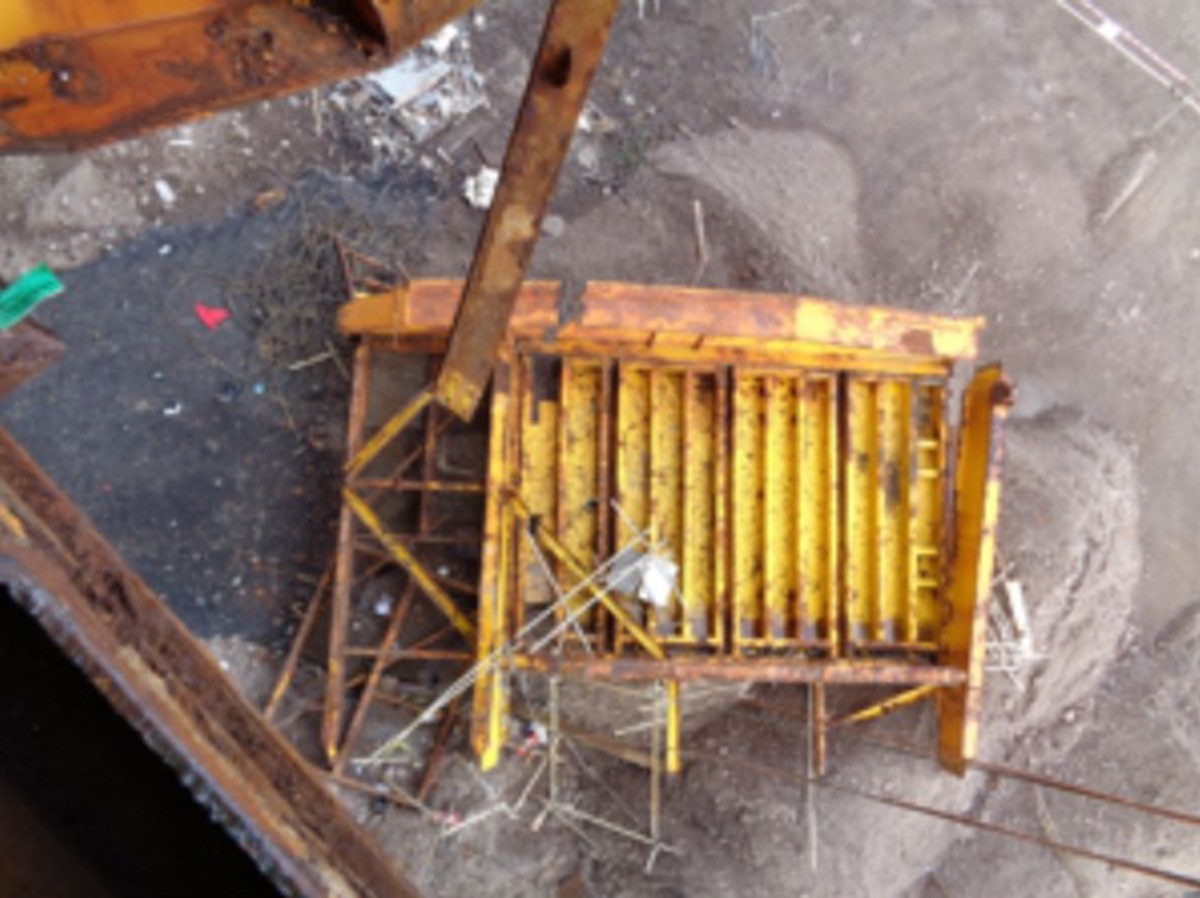UK HSE: worker falls from height during oil platform decommissioning
- Safety Flash
- Published on 1 April 2022
- Generated on 11 February 2026
- IMCA SF 08/22
- 2 minute read
Jump to:
The UK Health and Safety Executive (HSE) has prosecuted a civil engineering company after a worker suffered life threatening injuries after falling 15 metres when a platform he was working on unexpectedly collapsed.
What happened?
A worker was involved in the dismantling of the Brent Bravo platform in the North Sea. The incident occurred during the removal of a module located on the North West corner of the platform. In planning for the removal of the module, it was noted that there were three platforms on the cellar deck of the structure that would need to be moved to allow the module to fall safely.
It was not recognised by the planning team that one of the platforms did not form part of the main structure and was attached to the platform using bolts that had corroded over time. This affected the structural integrity of the platform and the methodology required to remove it safely. During the cutting of bracing beams, the platform unexpectedly collapsed causing one of the employees to fall 15 metres.

What went wrong?
An investigation by the Health and Safety Executive (HSE) into the incident found that the company had failed to carry out a full structural appraisal of the platform prior to demolition. This would have informed the risk assessment and method statement being used by the cutting crew at the time of the incident to ensure that the work could have been carried out safely.
The inspector said: “When undertaking demolition work where structures are being left in a pre-weakened state, it is essential for those in control of the work to take appropriate measures to ensure the safety of all those involved with the work. This includes ensuring that consideration is given to the stability of structures before and during demolition work, as well as ensuring that control measures are in place to mitigate other associated health and safety risks such as work at height.”
IMCA Safety Flashes summarise key safety matters and incidents, allowing lessons to be more easily learnt for the benefit of the entire offshore industry.
The effectiveness of the IMCA Safety Flash system depends on the industry sharing information and so avoiding repeat incidents. Incidents are classified according to IOGP's Life Saving Rules.
All information is anonymised or sanitised, as appropriate, and warnings for graphic content included where possible.
IMCA makes every effort to ensure both the accuracy and reliability of the information shared, but is not be liable for any guidance and/or recommendation and/or statement herein contained.
The information contained in this document does not fulfil or replace any individual's or Member's legal, regulatory or other duties or obligations in respect of their operations. Individuals and Members remain solely responsible for the safe, lawful and proper conduct of their operations.
Share your safety incidents with IMCA online. Sign-up to receive Safety Flashes straight to your email.